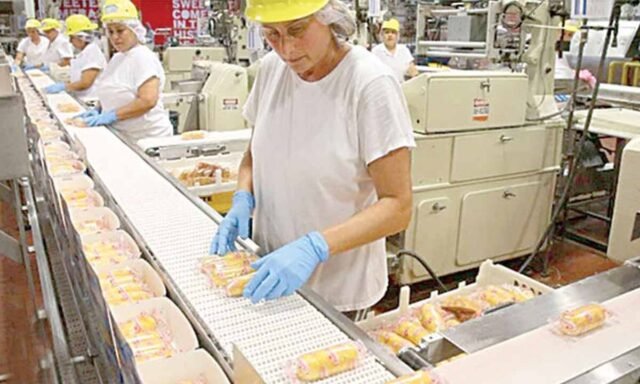Vijayawada: In a move to invigorate its food processing sector, the state government on Tuesday announced a substantial reduction in Urban Development Authority (UDA) charges for establishing food processing units and related industries. These reduced charges include the Building Permit Fee, Development Charges, Betterment Charges, and Site Approval fees.
The decision comes after the Andhra Pradesh Food Processing Society brought to the government’s attention numerous concerns from industry stakeholders and associations. They highlighted that the municipality and UDA approval fees levied on food processing industries in Andhra Pradesh were comparatively high, posing a significant obstacle to sectoral growth when compared to other states.
A key issue raised was that the expansion of UDA limits into rural areas had inadvertently subjected many food processing units, traditionally located in rural or peri-urban zones, to urban-scale fees.
This disproportionately increased the cost on predominantly MSME-class enterprises, thereby hindering new establishments and investments. Responding to these concerns, the state government has directed that UDA charges for food processing units be rationalised and the fee structure reduced. This move is expected to promote food processing sector, which is crucial for the state’s economic diversification and employment generation.
Municipal administration and urban development principal secretary S Suresh Kumar emphasised the importance of this policy shift. “By reducing the financial burden on food processing units, especially MSMEs, we are paving the way for greater industrial participation in rural and peri-urban areas,” he stated. “This strategic rationalisation not only promotes sectoral growth but also supports our broader vision of decongesting urban centers and encouraging balanced regional development.”
He further added, ”The government remains steadfast in its resolve to create a business-friendly ecosystem that accelerates investment while ensuring equitable urban and rural progress. It is crucial that the benefits of industrial growth extend beyond metropolitan boundaries to encompass the wider state.”








